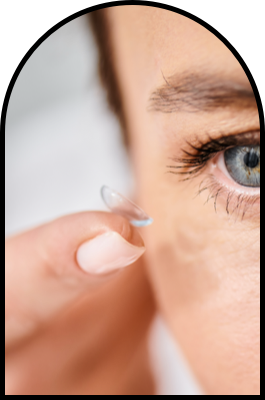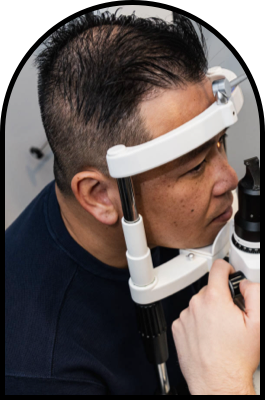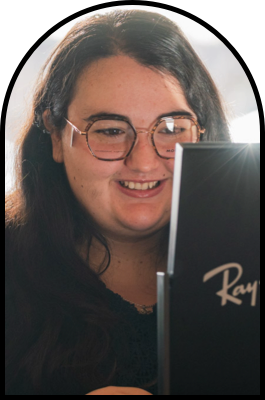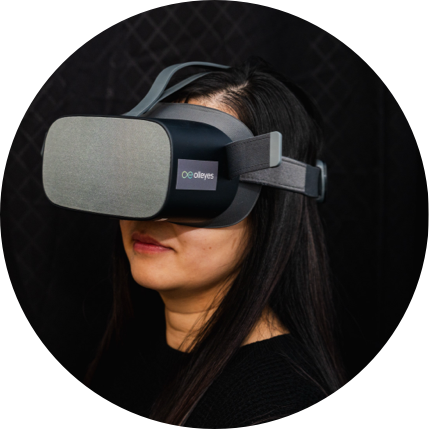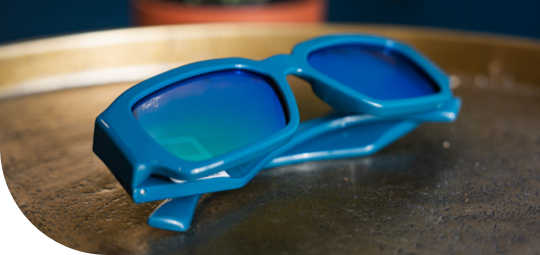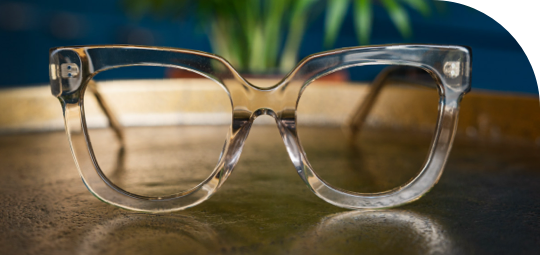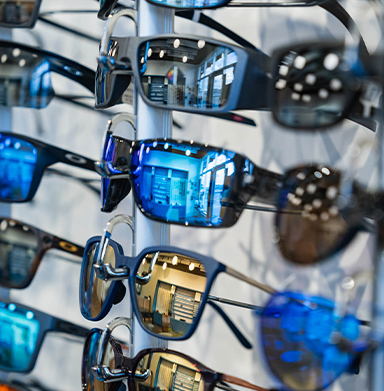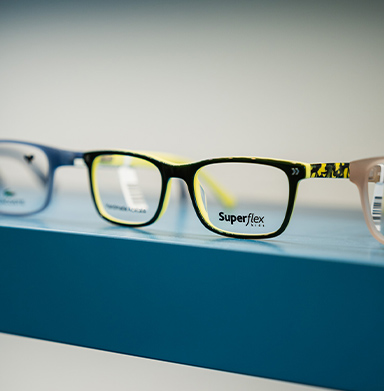Waking up and facing the world should be invigorating, yet for many, it starts with a struggle against dry eyes. This condition affects millions globally, impacting daily routines and productivity. If you are among those who greet each day with gritty, irritated eyes, you can find relief.
You can manage your dry eyes by:
- Adding humidity
- Using warm compresses
- Using eye drops
- Addressing digital eye strain
- Cleaning your eyelids
For severe dry eye cases, your optometrist can examine your symptoms and recommend an appropriate treatment.
What Is Dry Eye?
Dry eyes occur when your eyes do not produce enough tears or when the tears evaporate too quickly. This condition is accompanied by symptoms like:
- Redness
- Irritation
- A gritty, scratchy, or burning sensation
- Blurry vision
- Sensitivity to light
- Difficulty wearing contact lenses
For many, dry eyes are most pronounced in the morning. While you sleep, your eyes may be naturally less lubricated because you are not blinking. Eye allergies can also increase at night as you are exposed to more allergens for a longer time.
This can be particularly frustrating as dry eye affects one’s ability to kickstart the day with energy. Tasks like reading, driving, or even enjoying breakfast can become daunting.
Practical Solutions for Dry Eye Relief
Easing discomfort from morning dry eyes requires a multi-faceted approach suited to your lifestyle. Here are 5 effective strategies to consider:
- Adjust Your Sleep Environment
Increasing humidity in your bedroom can significantly help maintain eye health. Dry air, especially at night, can cause discomfort and dryness in the eyes. A simple solution is to use a humidifier, which adds moisture to the air and creates a more comfortable sleep environment.
This helps keep your eyes hydrated during the night and potentially improves your rest, allowing you to wake up refreshed and ready for the day. Additionally, maintaining proper humidity levels can benefit your skin and overall respiratory health.
- Use a Warm Compress
A warm compress can help stimulate oil glands in your eyelids, promoting a healthier tear film. This practice can be incorporated into your daily routine, helping maintain eye comfort throughout the day. Regular use can also reduce the frequency of morning dryness.
Follow these easy steps to craft your warm compress at home:
- Gather your materials: You will need a clean washcloth, a bowl, and warm water. Optionally, you can also use a microwave-safe container for heating.
- Soak the washcloth: Dip the clean washcloth into the water, making sure it is completely saturated.
- Wring out excess water: Carefully remove the washcloth from the water and wring it out to eliminate any dripping. It should be warm, not scalding.
- Apply the compress: Close your eyes and place the warm washcloth gently over them. Allow it to rest for about 5 to 10 minutes until it is not warm anymore.
You can use a warm compress multiple times a day, but be cautious that you do not dry out the skin around your eyes. 2–3 times a day is usually enough.
- Over-the-Counter & Prescription Eye Drops
Lubricating eye drops can quickly relieve dry eyes by supplementing your natural tears, which are essential for keeping your eyes moist and comfortable. These drops are particularly useful for those who spend long hours in front of screens, encounter harsh environmental conditions, or have specific medical issues.
If over-the-counter drops are not effective, consider consulting your eye doctor. They can evaluate your needs and discuss prescription options that may offer longer-lasting relief or address underlying inflammation.
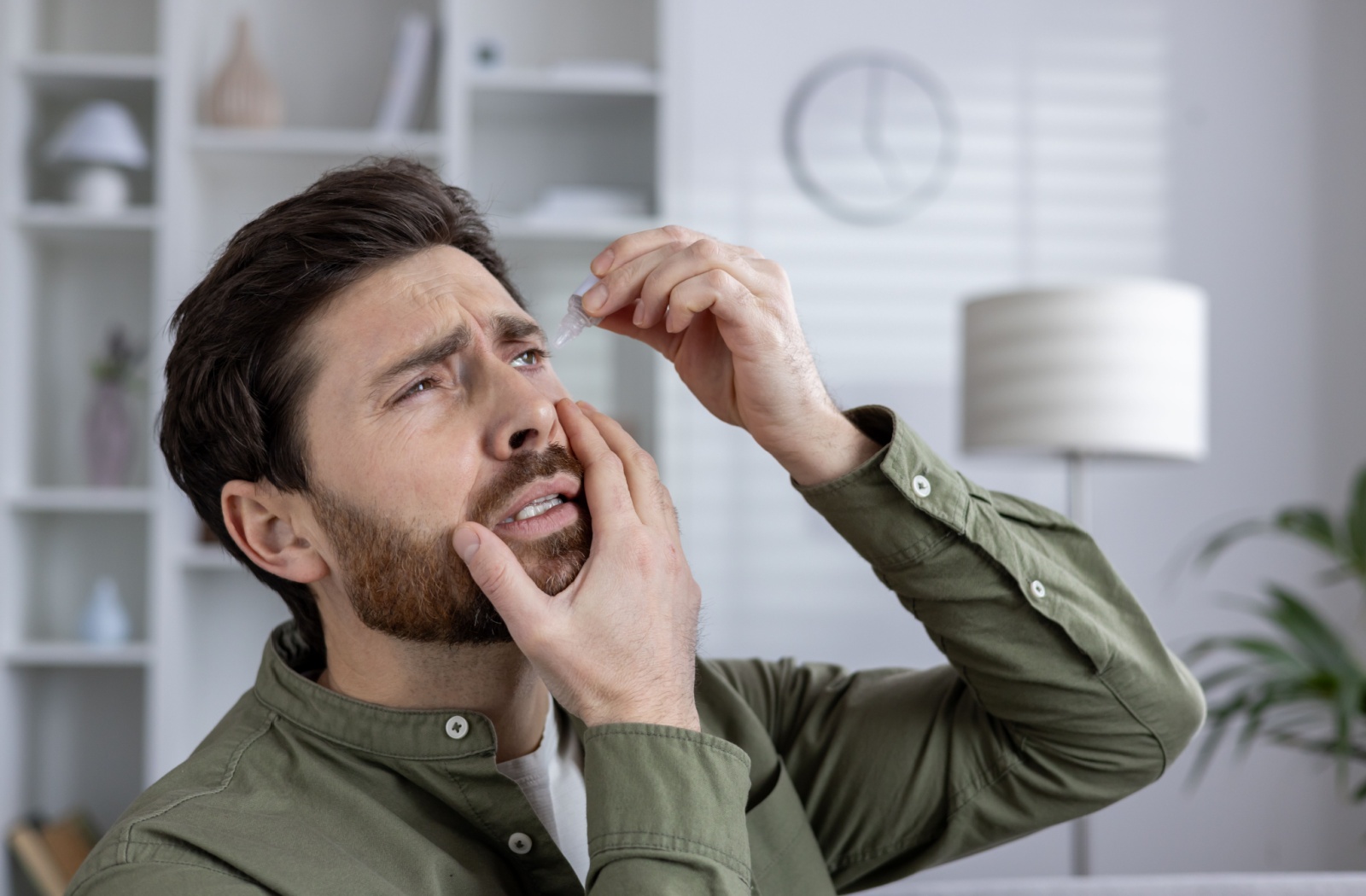
- Address Digital Eye Strain
Modern life demands constant interaction with screens, whether it is for work, social media, or entertainment, which often exacerbates dry eye discomfort thanks to digital eye strain. This common issue arises from reduced blinking and constant focus during extended screen time.
To combat this, consider adopting the 20-20-20 rule: every 20 minutes, take a moment to look at something 20 feet away for at least 20 seconds. This simple practice helps to relax your eye muscles and encourages blinking, which can alleviate strain.
- Keep Your Eyelids Clean
Blocked glands in the eyelids can adversely affect tear quality, resulting in meibomian gland dysfunction, the most common cause of dry eye. Therefore, maintaining proper eyelid hygiene is essential.
Use a gentle cleanser or specialized wipes designed for eyelid care to remove debris and oils that can cause blockages. Ensure you completely remove any makeup before you go to sleep.
Professional Treatments for Dry Eye
When home remedies fall short, it is crucial to consult a professional. An optometrist or ophthalmologist can provide a thorough evaluation and personalized treatment plan. They may recommend treatments like punctal plugs, which are tiny devices that doctors insert into the tear ducts to reduce tear drainage and keep the eyes moist for longer.
With professional guidance, you can explore underlying causes that may need more specific interventions.
Rediscover Comfort with Chestermere Optometry
Addressing morning dry eyes is not just about comfort; it is about preserving your overall well-being. By adopting these practical strategies, you can help your mornings feel more bright. However, if you find yourself continually struggling, do not hesitate to seek professional advice.
Our Chestermere Optometry team is committed to helping you find the relief you deserve. We offer specialized dry eye therapy and work with you to tailor a management plan to your needs. Book an appointment today and take the first step toward more comfortable mornings!




